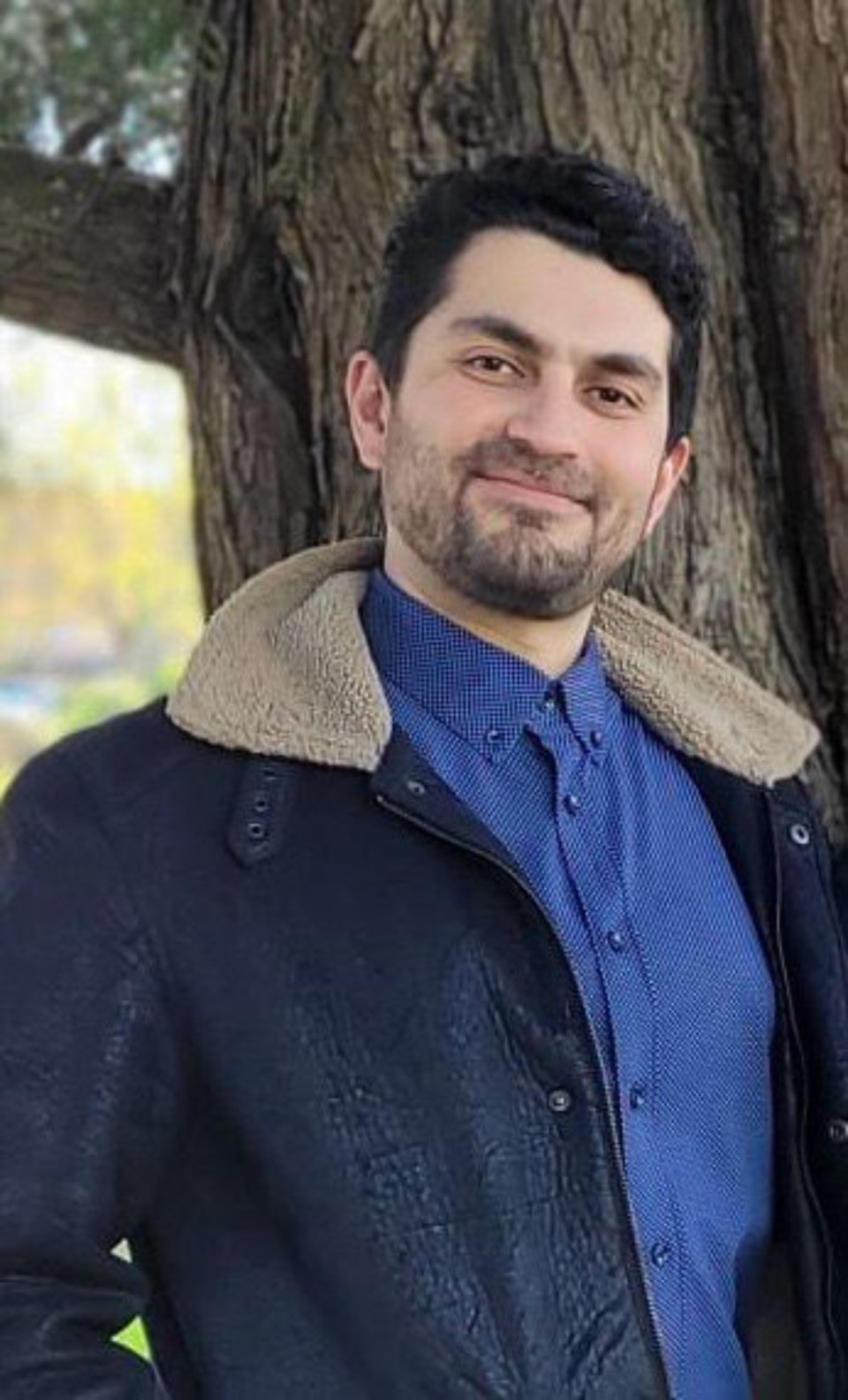As the holy month of Dhul-Hijjah approaches, Muslims around the world prepare for two of the most significant religious observances in Islam: Hajj and Eid al-Adha. These events are not only spiritual milestones but also powerful reminders of faith, sacrifice, and community.
The Hajj: A Pillar of Faith
Hajj, one of the Five Pillars of Islam, is a pilgrimage to the holy city of Mecca that every Muslim must undertake at least once in their lifetime, provided they have the means to do so. This journey traces its origins to the Prophet Abraham, who, according to Islamic tradition, built the Kaaba, the sacred structure at the center of Mecca, with his son Ishmael.
The pilgrimage involves a series of rituals that symbolize the unity of Muslims and their submission to God. Pilgrims perform Tawaf, the act of circling the Kaaba seven times, and Sa'i, walking back and forth between the hills of Safa and Marwah. These acts commemorate Hagar's desperate search for water for her son Ishmael. The climax of Hajj is the standing at Arafat, where pilgrims spend the day in prayer and reflection, seeking spiritual renewal.
Hajj is more than a physical journey; it is a profound spiritual experience. It represents the purification of the soul, a chance for Muslims to seek forgiveness and renew their faith. Local Muslims who have undertaken Hajj often describe it as a transformative experience that strengthens their connection to God and the global Muslim community.
Eid al-Adha: The Festival of Sacrifice
Following the completion of Hajj is Eid al-Adha, or the "Festival of Sacrifice." This celebration honors the willingness of Prophet Abraham to sacrifice his son in obedience to God's command. Just as Abraham was about to carry out the command, God provided a ram to sacrifice instead.
Eid al-Adha begins with a special prayer at the mosque, followed by the sacrifice of an animal, usually a sheep, goat, or cow. This act of Qurbani symbolizes the willingness to give up something valuable for the sake of Allah. The meat from the sacrifice is divided into three parts: one-third for the family, one-third for relatives and friends, and one-third for those in need. This practice emphasizes the importance of charity and community.
In Victoria, BC, local Muslim communities come together to celebrate Eid al-Adha with communal prayers, feasts, and charitable activities. The spirit of the festival extends beyond religious observance to include acts of kindness and generosity, fostering a sense of unity and compassion among all members of the community.
Universal Values of Faith and Community
Hajj and Eid al-Adha embody values that resonate universally—faith, sacrifice, and charity. These observances remind us of the importance of community and the need to support one another. In a world that often feels divided, the lessons of Hajj and Eid al-Adha encourage us to look beyond our differences and find common ground in our shared humanity.
As our neighbors and friends in the Muslim community embark on this spiritual journey and celebration, it is an opportunity for all of us to appreciate and respect the diverse traditions that enrich our society. By understanding and honoring these practices, we strengthen the bonds of community and foster an environment of mutual respect and compassion.
In the words of the Prophet Muhammad, "The best of people are those who bring the most benefit to the rest of mankind." Let us embrace the spirit of Hajj and Eid al-Adha by striving to bring benefit and kindness to those around us, celebrating the values that unite us all.
Mustafa Abousaleh is the President of the Olive Branch Revival Foundation (OBRF - ), a grassroots organization founded to support immigrants, newcomers, and their families on the settlement, educational, career-development, and identity development fronts. Mustafa is a software developer specializing in large financial revenue management systems. He completed his Bachelor of Applied Sciences in Electrical Biomedical Engineering and a Master of Applied Sciences in Telecommunication and Engineering Entrepreneurship from UBC and UVic, respectively. After completing his Bachelor or Religious Studies, he is currently pursuing a Master in Divinity at the prestigious Chicago Theological Seminary. During the past two decades, Mustafa has started and/or led over 10 organizations in the non-profit and philanthropic sector. He has also delivered sensitivity training about faith and culture to over 300 organizations, including some of the largest faith-based institutions and churches. Mustafa is happily married with two children.
You can read more articles on our interfaith blog, Spiritually Speaking, at /blogs/spiritually-speaking
* This article was published in the print edition of the sa国际传媒 on Saturday, June 15th 2024



